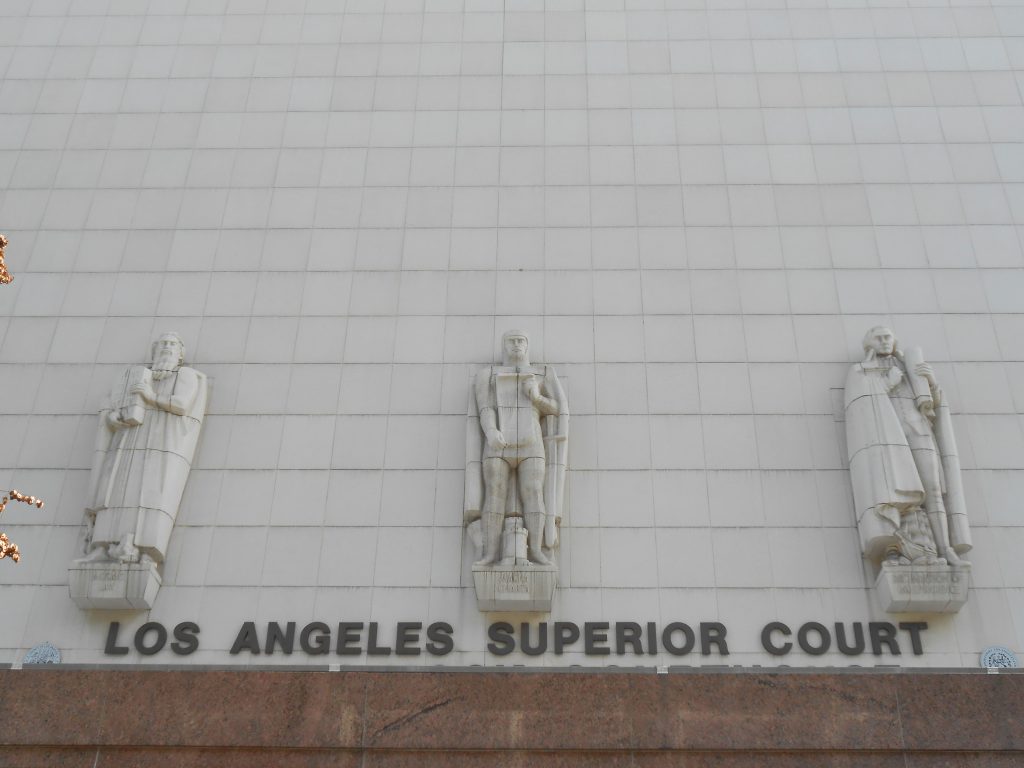Turkey “strongly condemned” a decision by an American court to grant early release to the convicted killer of a Turkish diplomat, who was shot dead in Los Angeles in 1982.
Los Angeles County Superior Court approved the parole of Hampig ‘Harry’ Sassounian, one of two American citizens of Armenian heritage who assassinated Kemal Arıkan, the Consul General of the Republic of Turkey in Los Angeles while he was driving to work.
Sassounian was initially convicted of life imprisonment without parole. However, he later had his sentence reduced to life with parole with a minimum 25 year tariff, after prosecutors struck a deal with Sassounian in 2002, which included him issuing a statement accepting his crime and apologising for the murder of Arıkan.
The LA court’s ruling that Sassounian could be released early was upheld by California Governor Gavin Newsom, who said he would not appeal against the decision. The outcome has infuriated Turkey.
US court decision slammed by Turkey
“We strongly condemn this approach that deeply hurts the conscience of the Turkish nation,” a Turkish Foreign Ministry statement said earlier today.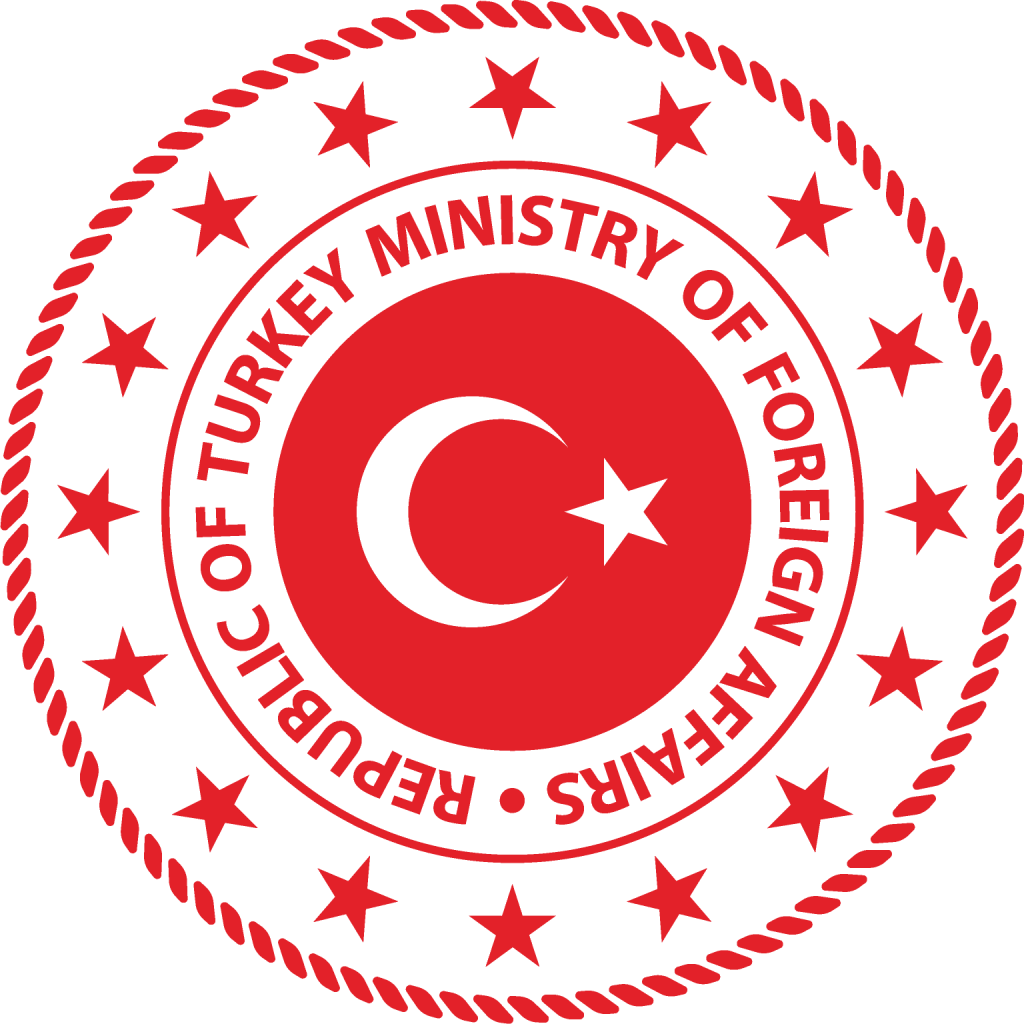
“This grave decision, that could not be reversed despite all attempts of the US Administration, is in conflict with the universal principles of law and the understanding of justice.
“58 Turkish citizens, including 31 diplomats, have lost their lives as a result of the attacks perpetrated by Armenian terrorist organisations. In a period when hate crimes are on the rise and international solidarity is most needed, the release of a brutal murderer with political motivations harms the spirit of cooperation in fight against terrorism.
“This murder, which was heinously committed by the terrorist Sassounian, who has never shown a sign of remorse during his 38 years of conviction, will never be forgotten as a crime that represents a sick and distorted ideology,” the statement continued.
The statement from the Turkish Foreign Ministry concluded by commemorating diplomats who were killed by Armenian terrorists:
“On this occasion, we commemorate with respect our martyred diplomat Kemal Arıkan and all our martyrs who lost their lives in the attacks of Armenian terrorist organisations.”
US Secretary of State Antony Blinken “deeply disappointed” by Sassounian parole
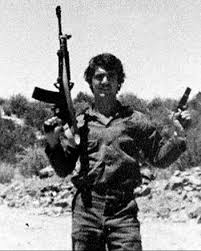
A statement issued on behalf of Antony Blinken, the US Secretary of State, said that, “The Department of State is deeply disappointed by the expected grant of parole in the State of California of Hampig “Harry” Sassounian, who was convicted of the 1982 murder of Turkish Consul General to Los Angeles Kemal Arikan.”
Blinken highlighted the gravity of the crime and the need for perpetrators to serve their full sentences:
“Attacking a diplomat is not only a grave crime against a particular individual, it is also an attack on diplomacy itself. To ensure the safety of the dedicated U.S. diplomats serving around the world, it has been the longstanding position of the United States to advocate that those who assassinate diplomats receive the maximum sentence possible, and that they serve those sentences without parole or early release.”
“We again offer our deepest condolences to the family of Mr. Arikan and our colleagues at Turkey’s Ministry of Foreign Affairs for their loss,” added Blinken.
Armenian terrorists target & kill Turkish Consul General Kemal Arıkan
There were several attempts on Arıkan’s life before he was killed by Sassounian and Krikor Saliba on his way to work on the morning of 28 January 1982.
Driving in his car, Arıkan had stopped at a red light at a busy intersection when two armed men started shooting at him. The Turkish diplomat died at the scene after being shot 14 times.
Saliba fled to Lebanon and evaded justice, but Sassounian was arrested and charged with murder. In 1984, he was sentenced to life imprisonment without parole.
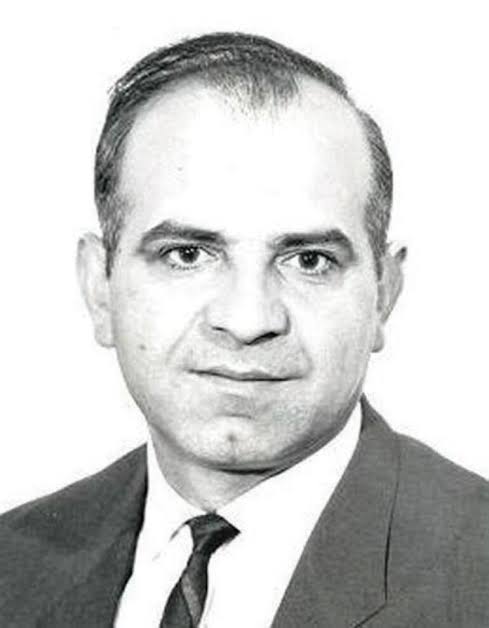
In October 2002, as part of a plea bargain Sassounian wrote a letter renouncing terrorism and offering an apology to the family of the Turkish diplomat he had killed:
“I participated in the murder of Kemal Arıkan. I renounce the use of terrorist tactics to achieve political goals. I regret the suffering of the Arıkan family,” were the words Sassounian read out from his letter during his appeal for his sentence to be reduced.
Prosecutor Greg Dohi said at the time “The district attorney’s office achieved something important with today’s decision, and that’s admission, finally, that Mr. Sassounian took part in this political assassination.”
“By admitting to his role and renouncing violence, we hope that this brings resolution to this very sad chapter in the history of the Armenian cause and the Turkish nation,” Dohi added.
Under the terms of the agreement, Sassounian, who was 19 at the time he killed Arıkan, would serve a prison term of 25 years to life. The earliest he could be eligible for parole was Sept. 28, 2007.
Two years before the Consul General’s death, Arıkan’s home had been firebombed on 6 October 1980. Sassounian’s older brother Harout Sassounian was caught and convicted of the crime.
All three men were members of the Justice Commandos of the Armenian Genocide (JCAG), a notorious terror group that set out to murder Turkish diplomats in Europe and North America. The group was active between 1975 and 1987, evolving into the Armenian Revolutionary Army from around 1983.
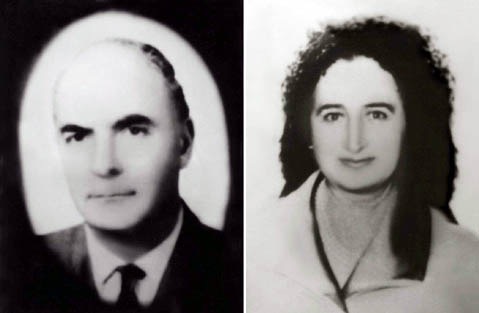
Necla Kuneralp, the wife of Turkish Ambassador Zeki Kuneralp, and her brother-in-law retired Ambassador Beşir Balcıoğlu are among the 58 Turkish victims slain by Armenian terror groups.
Mistaking Ambassador Balcıoğlu for Ambassador Kuneralp – both men used crutches – three Armenian gunmen opened fire on Kuneralp’s car outside the ambassador’s residence in Madrid on the morning of 2 June 1978. The retired ambassador, Necla Kuneralp and Kuneralp’s Spanish driver, Antonio Torres, were all killed in the attack claimed by ASALA.
Zeki Kuneralp was the great uncle of British Prime Minister Boris Johnson. He served twice as Turkish ambassador to London during the 1960s, including the critical 1964 period when Turkish Cypriots were under siege in Cyprus.
Main photo, top, of Los Angeles Superior Court, 2014. Photo © Alarico / iStock


